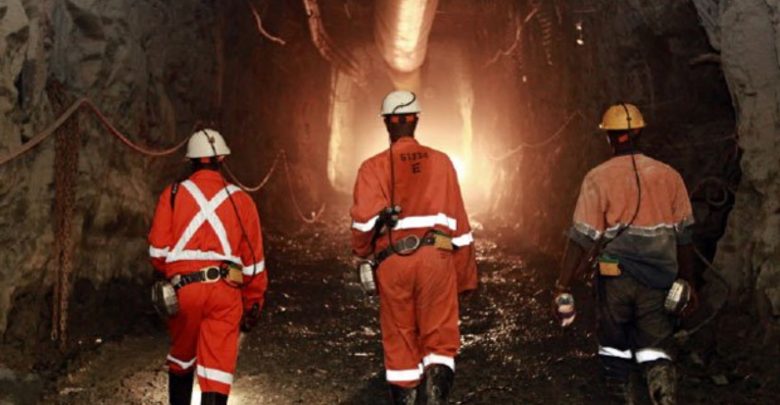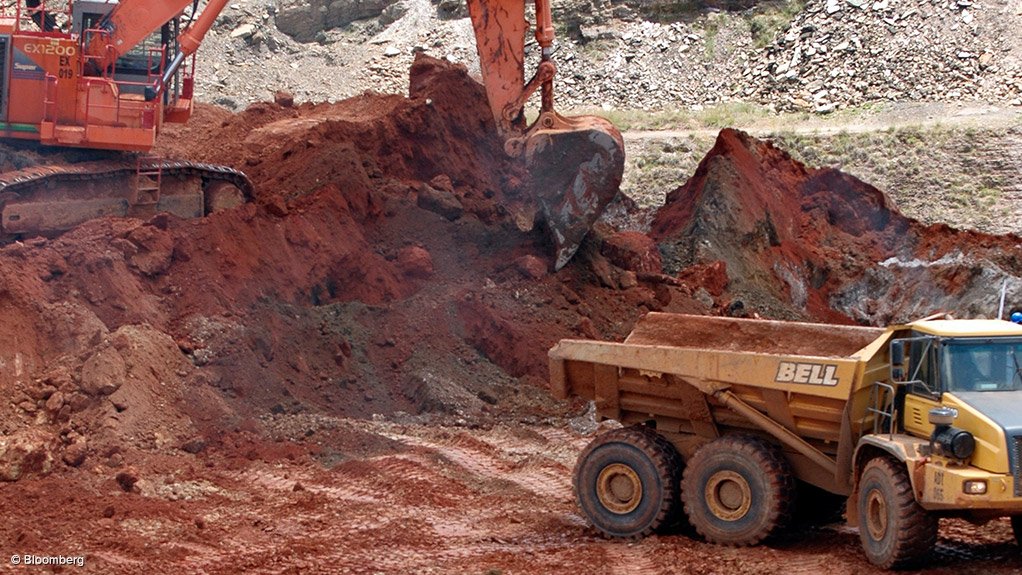Concerns Rise Over Zambia’s Proposed Mining Law and Its Impact on Investment
3 min read

Zambia’s proposed new Minerals Regulation Commission Bill is drawing criticism from key industry stakeholders who argue that it could undermine investment and threaten the country’s ambitious plans to boost annual copper production to 3 million tons. The bill, designed to oversee the development and management of Zambia’s mineral resources, is causing concern among mining bodies including the Zambia Chamber of Mines (ZCM) and the Association of Zambian Mineral Exploration Companies (AZMEC).
In a joint statement, ZCM and AZMEC expressed their worries that certain provisions of the proposed legislation could increase the perception of investment risk in Zambia. Specifically, they highlighted the potential for the state to forcibly acquire stakes in new mining ventures, which they believe could seriously impact property rights. The proposed law includes a controversial clause that would allow for “free carry” acquisitions by the government, a measure that critics argue could deter private investment.
Furthermore, the proposed bill grants broad and discretionary powers to individual regulators, a move that the mining bodies fear could lead to arbitrary decision-making and corruption. The industry representatives contend that these aspects of the bill could undermine investor confidence and create an unstable business environment.
The Zambian government’s Ministry of Mines has not yet responded to these concerns. Under President Hakainde Hichilema’s administration, which came into power in 2021, there has been a concerted effort to rehabilitate Zambia’s investment climate and increase copper production. This is part of a broader strategy to capitalize on the growing global demand for copper, which is crucial for the transition to cleaner energy sources.
The administration’s commitment to improving the sector includes returning control of Konkola Copper Mines to Vedanta Resources, following its previous seizure by the former government in 2019. This move aims to restore investor confidence and ramp up production, which has suffered from political and economic instability in recent years.
Zambia’s copper output fell to 698,000 tons in 2023, down from 763,000 tons the previous year, as reported by the Zambia Chamber of Mines. This decline is prompting urgency in boosting production to meet the government’s target of 3 million tons annually over the next decade.
Despite the proposed legislation’s contentious elements, major mining companies are continuing to invest heavily in Zambia. For instance, Barrick Gold and First Quantum Minerals are committing billions of dollars to their Zambian copper operations. Additionally, the International Resources Holding (IRH) of the United Arab Emirates is investing $1.1 billion to expand operations at Mopani Copper Mines, following its acquisition of a 51% stake in the company from Glencore.
 These investments highlight the significant interest in Zambia’s copper sector, despite the regulatory uncertainties. However, industry experts warn that the success of these investments and the country’s ability to achieve its production goals could hinge on the resolution of the concerns surrounding the new proposed law.
These investments highlight the significant interest in Zambia’s copper sector, despite the regulatory uncertainties. However, industry experts warn that the success of these investments and the country’s ability to achieve its production goals could hinge on the resolution of the concerns surrounding the new proposed law.
In summary, while Zambia’s government aims to bolster its copper industry and attract investment, the proposed Minerals Regulation Commission Bill faces criticism for potentially increasing investment risk and introducing regulatory uncertainties. The outcome of these legislative changes will be crucial in determining whether Zambia can realize its production ambitions and maintain its position as a key player in the global copper market.
WhatsApp us